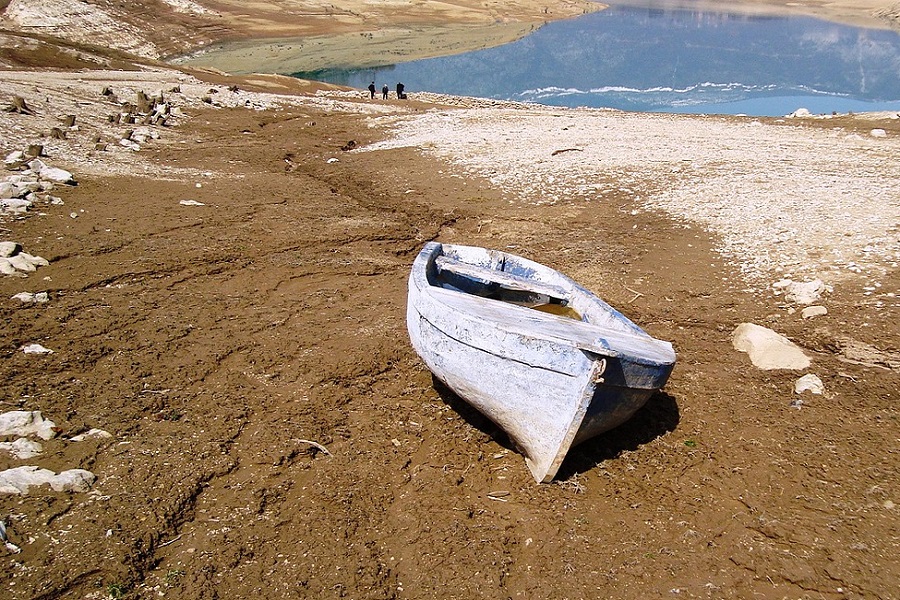From Paolo, currently in Chad, we receive encouraging news and photos on the full resumption of the Saint Jeanne Antida Vicariate school in the Ndou district of the capital N’Djamena. Last year, floods in Chad claimed 600 lives and devastated homes and infrastructure, including the school in Ndou.
But with courage and determination, not being able to rely on public emergency plans, the school was rebuilt and this year accommodates around 300 children in seven classes.

The children and teachers thanked Paolo and all those who support the school through donations, solidarity purchases and other initiatives organised by Michela’s Children, which we presented in the last article.
Wherever the Sisters of Charity are present with their communities, the educational passion of Joan Antida animates them to take care of the growth of the new generations, side by side with the local people and, where necessary, supporting bridges of solidarity with men and women of good will, such as those who support the Children of Sister Michela Larini, for the formation of the new generations under the sign of the Gospel, for the construction of a just, solidary, fraternal, pacified world. Starting from the peripheries and, in particular, together with young women and their children.

Climate change, the El Niño phenomenon and the acceleration of hydrological cycles last year brought countryside and cities to their knees. In particular, entire neighbourhoods of N’Djamena, the capital of Chad, were submerged by the largest flood in 30 years.
The most severe flooding has pushed Chad into a state of humanitarian emergency, causing numerous casualties and mass displacements.
Hundreds of thousands of hectares of farmland, crucial for local economies and food security, were destroyed, as well as various infrastructures and roads, further isolating people who were already living far from essential services, including health services. Access to education has also been compromised, as many schools have been destroyed, closed or used as shelters for affected communities.
Having hectares and hectares of farmland flooded, in regions already facing critical levels of food insecurity, means that people may have less and less food available.
Chad is also home to internally displaced persons and refugees, who see the water taking away the few possessions they have with them and destroying their only shelter. In eastern Chad, one of the camps housing part of the more than 600,000 Sudanese refugees in the country has been completely flooded.
Due to climate change, temperatures in Chad are rising much faster than the global average. Floods are becoming more frequent and each year cause increasingly devastating humanitarian consequences for homes, schools, facilities and vast agricultural areas, with the increased risk of water-borne diseases, food insecurity and malnutrition.
The impact of these floods underlines the need to address the accelerating effects of climate change. While providing emergency assistance, it is critical to invest in sustainability to protect the most vulnerable populations from these growing threats.















